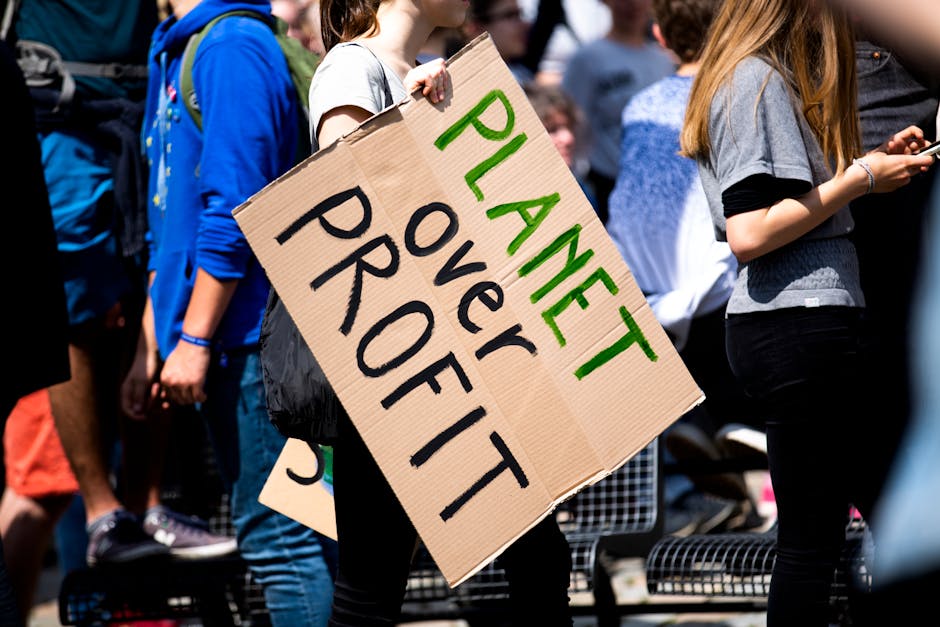Global warming, the gradual increase in the Earth's average temperature, poses a significant threat to our planet and its inhabitants. Human activities, primarily the burning of fossil fuels, release greenhouse gases into the atmosphere, trapping heat and leading to a rise in global temperatures. The consequences of this warming are far-reaching and deeply concerning.
One of the most visible impacts of global warming is the melting of glaciers and ice caps. As temperatures rise, these vast frozen reserves are gradually disappearing, contributing to rising sea levels. The loss of glacial ice has severe implications for coastal communities, as it increases the risk of flooding and erosion.
Another consequence of global warming is the increased frequency and intensity of extreme weather events. Rising temperatures fuel more powerful storms, hurricanes, droughts, and heatwaves. These events can cause widespread damage, loss of life, and disruption to infrastructure and ecosystems.
Agriculture is also heavily impacted by global warming. Changes in temperature and precipitation patterns affect crop yields and livestock health. Extreme weather events can destroy crops, reduce agricultural productivity, and lead to food shortages.
The health of oceans and marine ecosystems is also under threat. Rising temperatures lead to the acidification of seawater, which can harm coral reefs and other marine life. Warmer waters can also promote the growth of harmful algal blooms, which can disrupt fisheries and marine food chains.
In addition to these direct impacts, global warming also contributes to social and economic challenges. Climate-related disasters can displace communities, disrupt supply chains, and damage infrastructure. The costs of adapting to and mitigating the effects of climate change can be substantial, putting a strain on resources and exacerbating global inequalities.
The consequences of global warming are already being felt around the world. From rising sea levels to extreme weather events, the effects are becoming increasingly evident. It is imperative that we take action to reduce greenhouse gas emissions and transition to a cleaner, more sustainable future.
To mitigate the effects of global warming, we must invest in renewable energy sources, promote energy efficiency, and reduce our dependence on fossil fuels. Additionally, we must protect and restore natural ecosystems, such as forests and oceans, which act as carbon sinks and help regulate the Earth's climate.
By working together and taking decisive action, we can address the challenges of global warming and create a more resilient and sustainable future for our planet and its inhabitants.

